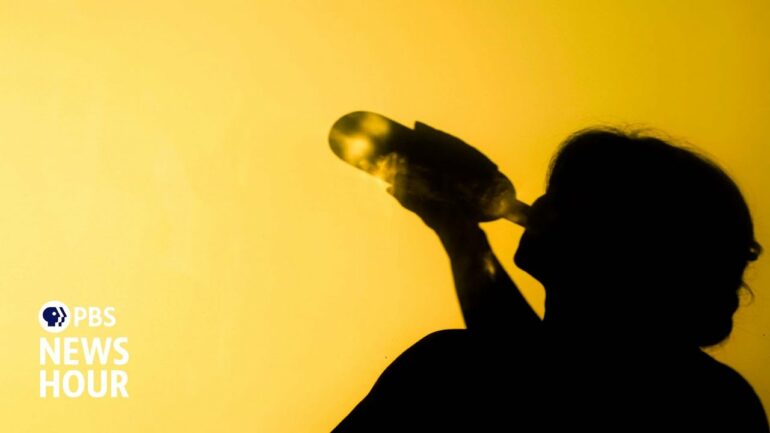Alcohol, whether consumed regularly or only on special occasions, takes a toll on your body. From your brain and heart, to your lungs and muscles, to your gastrointestinal and immune systems, alcohol has broad harmful effects on your health – including causing cancer.
Alcohol is the third-leading preventable cause of cancer in the U.S., responsible for about 100,000 cases of cancer and 20,000 cancer deaths annually. In comparison, alcohol-related vehicle crashes cause around 13,500 deaths each year in the U.S.
As early as the 1980s, researchers suspected that alcohol can cause cancer. Epidemiological studies have shown that alcohol is causally linked to cancer of the oral cavity, throat, voice box, esophagus, liver, colon and rectum, and breast. Another study reported an association between chronic and binge drinking and pancreatic cancer.
In 2000, the U.S. National Toxicology Program concluded that consuming alcoholic beverages is a known human carcinogen. In 2012, the International Agency for Research on Cancer, which is part of the World Health Organization, classified alcohol a Group 1 carcinogen, the highest classification indicating there is enough evidence to conclude a substance causes cancer in people. Both the Centers for Disease Control and Prevention and the National Institutes of Health concur that there is conclusive evidence that alcohol causes several types of cancer.
U.S. dietary guidelines state that even low amounts of alcohol – less than a single drink a day – increase cancer risk. Despite this, many Americans are not aware that alcohol causes cancer. A 2019 survey found that less than 50% of U.S. adults are aware of the cancer risks of alcohol consumption. The 2023 National Survey on Drug Use and Health found that over 224 million Americans ages 12 and older drank alcohol at some point in their lifetime – over 79% of people in this age group. Alcohol consumption was increasing even before the COVID-19 pandemic, reflecting an alarming public health issue.
I am a researcher studying the biological effects of moderate and long-term alcohol consumption. My team is working to uncover some of the mechanisms behind how alcohol increases cancer risk, including damage to immune cells and the liver.
The U.S. surgeon general called for including cancer risk in alcohol warning labels.
How does alcohol cause cancer?
Cancer occurs when cells grow uncontrollably in the body. Alcohol may lead to tumor formation by damaging DNA, causing mutations that disrupt normal cell division and growth.
Researchers have identified several mechanisms associated with alcohol and cancer development. A 2025 report from the U.S. surgeon general highlights four distinct ways alcohol can cause cancer: alcohol metabolism, oxidative stress and inflammation, alterations in hormone levels, and interactions with other carcinogens such as tobacco smoke.
Alcohol…



